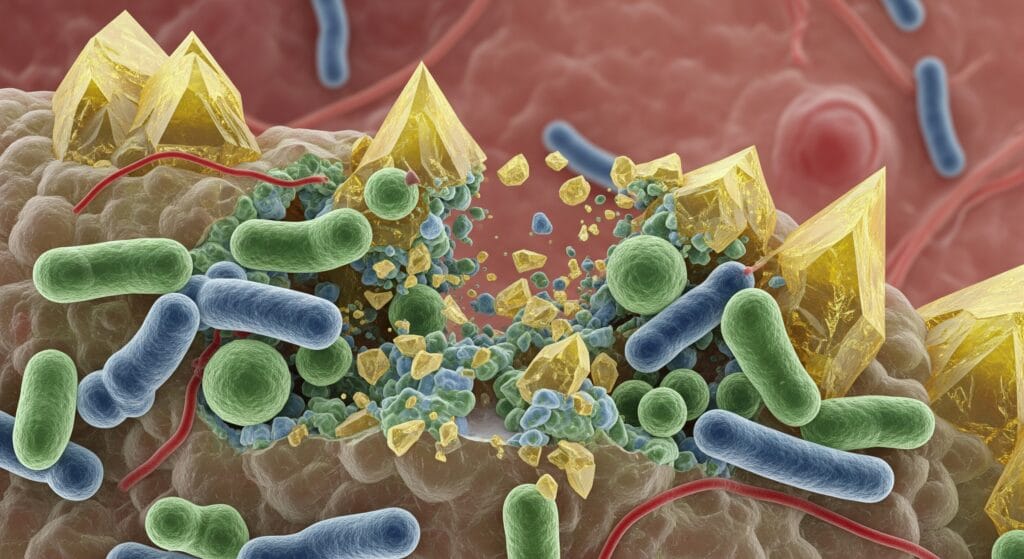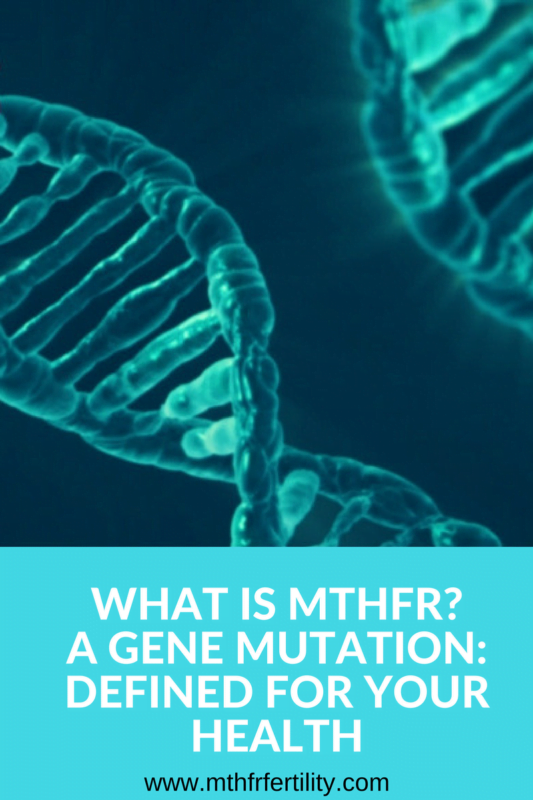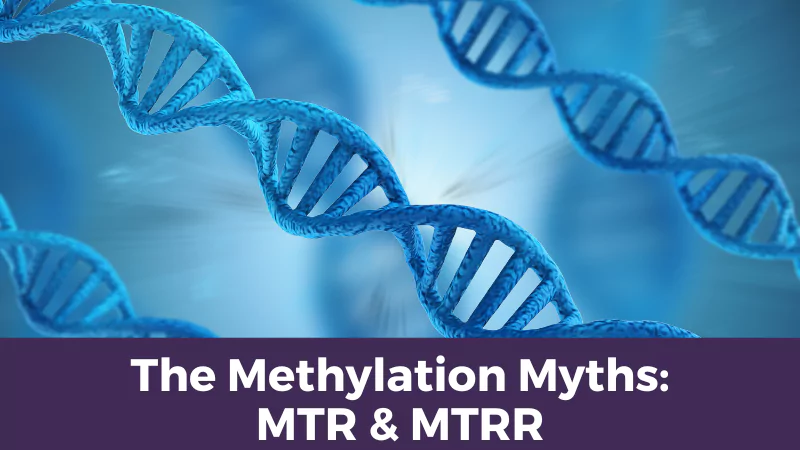Kidney stones aren’t just a dietary issue—they’re a microbial one. Here’s how the absence of one bacterial species could reshape how we think about nephrolithiasis.
What We Miss When We Only Focus on Oxalate Intake
Calcium oxalate stones are the most common type of kidney stone—and if you’ve had one, the recurrence risk is high. The standard advice hasn’t changed much in decades: drink more water, reduce oxalate-rich foods, and (paradoxically) keep your calcium intake stable. All important. But something’s missing.
As it turns out, the most decisive variable in oxalate handling may not be what you eat—but what your gut bacteria do with it.
This is not just theoretical. We now know that certain microbes—particularly Oxalobacter formigenes—can degrade oxalate in the gut before it’s absorbed into circulation. And if that mechanism fails? The burden shifts to the kidneys.
Let’s unpack this, piece by piece.








